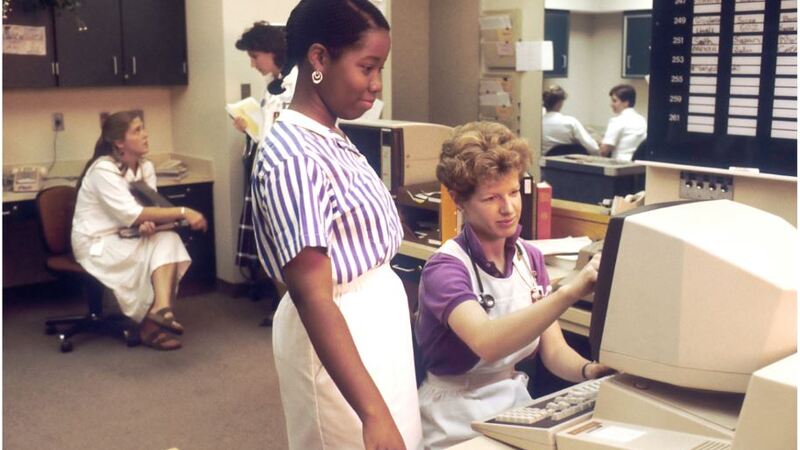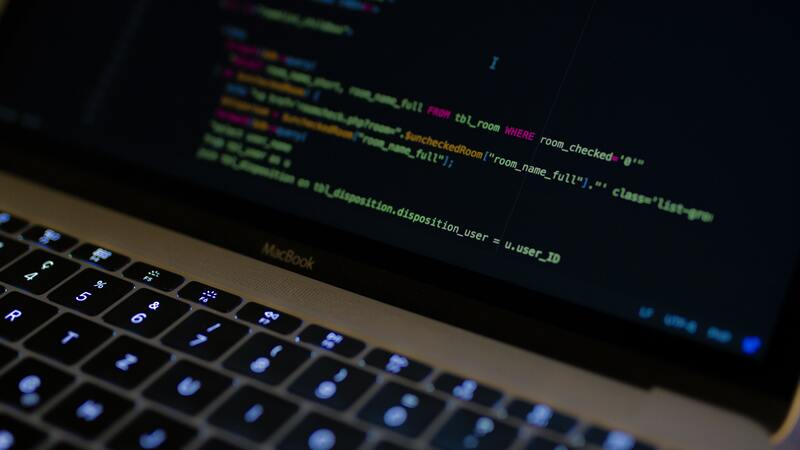RPA provides relief to healthcare personnel helping patients with self care
by: Niccolo Mejia 2019-10-01 Source: EMERJ

healthcare_selfcare by N/A is licensed under unsplash Unsplash
Healthcare is a diversified industry with heterogeneous processes such as data entry, reconciliation, report generation, inventory, patient compliance, clinical documentation. Most of them are repetitive tasks that would consume employees of their productive time, leaving little time to focus on clinical tasks.
Wait… RPA can help you. It is a transformational technology that lets your enterprise automate various processes across business areas. This technology co-exists with business systems and allows your enterprise to realize ROI instantaneously. RPA enables you to build software assistants which would help automate your business processes with minimal efforts and investment.
RPA in Healthcare - Current Use-Cases
There are many possibilities for automation in the healthcare industry outside of AI. Robotic process automation (RPA) technology can serve healthcare companies with various use cases involving data transfer and clinical documentation. Moving important information from the business’ frontend to their deeper business processes is among the most common use cases for RPA in healthcare, and many other solutions emerge from this idea.
Use cases for RPA in healthcare involve moving data between the area where users input and interact with the data and the databases where the information is typically stored. These can benefit healthcare companies by making clinical documentation more accessible, freeing up frontend employees by offering self service and improving payments.
- Clinical Data Extraction: How RPA could help existing systems extract clinical documents and patient data and route it to the human employees that need to use it
- Self Service Terminals for Hospitals: An RPA tool could be implemented to turn an employee-driven process into a self-service station that patients or customers can use on their own.
- Processing Healthcare Credentials and Payroll:Employee credentials, timecards, and other payment information may be processed more efficiently when RPA is used in conjunction with other technologies.
Clinical Data Extraction
RPA tools may help healthcare companies retrieve data from both digital and physical clinical documents. They can automate the process of searching through a database for the correct documents and routing them to the appropriate user within the healthcare company’s network. This type of software usually needs a human employee to supply it with login credentials so that it can access that network or an EMR system.
Self Service Terminals for Hospitals
Hospitals, especially their emergency rooms, have an opportunity for RPA in automating patient check-in. They can set up self-service kiosks with screens that allow the patient to type in their information. There may also be a scanner on the kiosk to take a picture of the patient’s insurance card and ID if necessary. RPA software can then automate the kiosk’s responses to the patient’s input, which would load their information into a triage system and allow the front desk employees to review each patient’s information.
Processing Healthcare Credentials and Payroll
Another possibility for RPA in healthcare is the automation of processing healthcare employees’ credentials and payroll information such as timecards and other documentation of hours worked. RPA software can automate the transfer of data from the customer-facing method of information entry, such as an employee mobile app, to the backend verification method.
Introducing IntelliBuddies®
IntelliBuddies® is a RPA platform which helps to overcome these challenges in your healthcare enterprise with the Robotic process automation technology. IntelliBuddies® helps you to set up the system, identify simple but repeatable tasks, automate those tasks and then move onto complex ones. It can help healthcare personnel to assist patients with self-care services, and to support the healthcare system in the market by integrating and overcoming the challenges of Clinical Data Extraction, Self Service Terminals for hospitals, Processing Healthcare Credentials, Payroll, and many more.
Recent Articles







